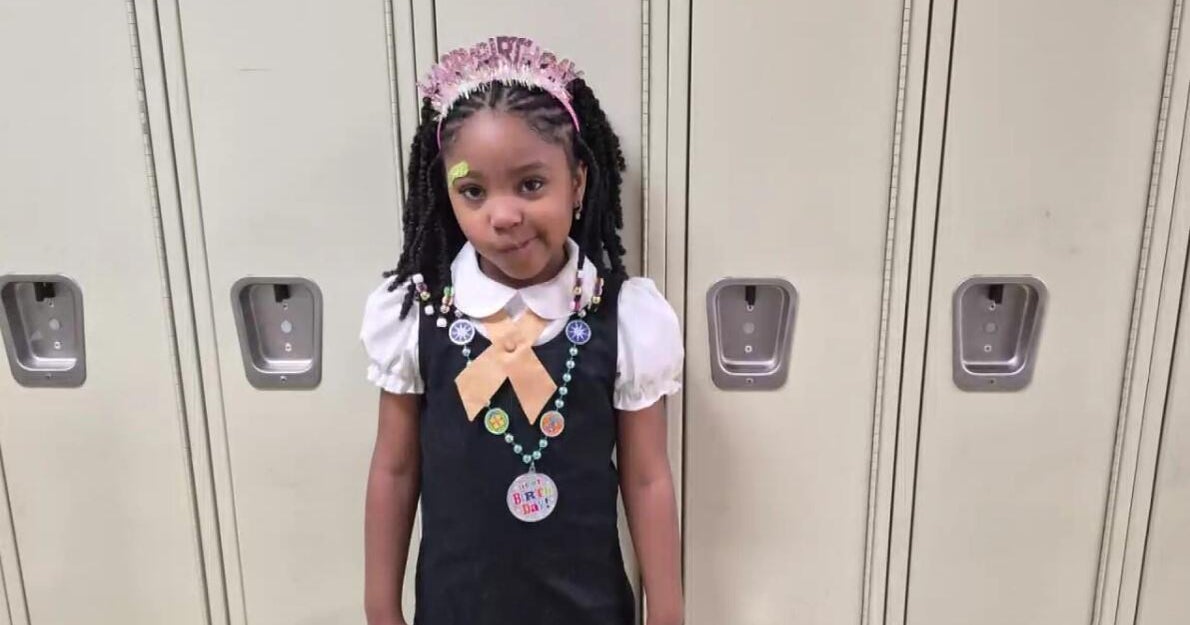10 Essential Tips For Girls To Stay Safe Online
Laura Bates is a feminist writer, published in Time, xojane.com, the Guardian, the Independent, the New Statesman, and regularly asked for comment by Vice, The Atlantic, and others. She is the founder of the Everyday Sexism Project—a crowdsourced collection of stories from women around the world about their experiences with gender inequality. She was named one of the Huffington Post's Most Inspirational Women of 2012 and shortlisted for the 2013 Shorty Award in activism. Her second book, Girl Up, is on sale now from Touchstone, an imprint of our sister company, Simon & Schuster.
Control Who Sees Your Stuff
All social media accounts come with privacy settings—have a look at them and make sure they are set so that strangers can't access and view your information. This doesn't mean your friends won't be able to find you, but it means you are in control of who sees your stuff.
Think Carefully About The Photos You Post
You can usually set individual privacy settings for pictures too. Remember, a picture online is a bit like a racehorse— once it gets out of the gate there's no stopping it and also it's going to eat you out of house and home with all the oats and hay and stuff it needs. (No, wait, that's just
racehorses.) Seriously though, even if you delete a picture it could already have been copied and shared by someone else, so the only way to completely control what pictures are out there is to think carefully about what you put up in the first place and what privacy settings you put against it.
Strengthen Your Passwords
A "strong" password is one nobody else could guess—so don't use family or pet names, dates of birth, etc. Adding numbers and symbols also increases strength, so for example:
H3yScumb@gSt0pH@ck1ngMyacc0untY0uL0s3r would be a super strong password. And keep your passwords separate so you have a different one for each online account—that way even if someone hacked into your email or Facebook they wouldn't be able to access your online banking or your Tumblr.
Don't Give Out Any Personal Information
Never put your address, phone number, what school/university/college you go to, or any other personal details online. Don't give them out to anyone who contacts you online either. "Why could you possibly need to know?" is a solid question to ask here.
Set Up Two-Step Verification
This is a nifty setting available on most email and social media accounts. It's a bit annoying but (like sanitary pads with wings) it's worth it if you want to stay extra secure. You add a phone number to your account, and when you access your profile from a new computer, you get a code texted to you to verify it's you and not someone else trying to get in. Also great for boosting your popularity with all those extra text messages ;)
Reporting Abusive Behavior
Social media companies are running a business just like anyone else, and they have a responsibility to keep their users safe. If someone is harassing you online or sending abusive messages, take a screenshot, block their profile, and use whatever reporting function is available.
Remember, All Is Not Always What It Seems
Anyone can set up a social media profile using photos they've stolen from elsewhere online. This DOES mean: being wary of people you don't know who befriend you online—remember, they may not be who they say they are. This DOESN'T mean: challenging that kid from next door about whether he Photoshopped those pictures where he claims to have met Khloe Kardashian. Bless him; he's got enough problems already.
Keep It Online
Don't agree to meet someone offline unless a) you already know them IRL or b) it's Harry Styles. I'M KIDDING, THAT WAS A TEST! DON'T EVER MEET SOMEONE OFFLINE WHO CLAIMS TO BE HARRY STYLES ON THE INTERNET.
Think Before You Post
This sounds obvious, but the Internet has done this weird thing where it's taken away the feeling that we're talking to a real person and the time we had in the good old days to think before communicating with them. I bet nobody in Victorian times had to rush over in a horse and cart to take back the snarky comment they'd telegrammed about a friend's latest portrait. As a general rule, if you wouldn't say it to someone's face IRL you probably shouldn't say it online. In fact, saying something out loud before you post it is a brilliant way to see whether it sounds completely ridiculous before you click that button and it's too late to take it back.
Help Is Available
You're never alone. If anything goes wrong or feels scary online, it's probably best to talk to someone about it, just to set your mind at rest. Talk to a friend or someone you trust, and if you don't feel able to talk to someone you know, there are great organizations like the Cybersmile
Foundation, which can provide support over email, phone, Twitter, Tumblr, or Facebook. (And wow, do they have one exhausted social media staffer.)
Laura Bates is a feminist writer, published in Time, xojane.com, the Guardian, the Independent, the New Statesman, and regularly asked for comment by Vice, The Atlantic, and others. She is the founder of the Everyday Sexism Project—a crowdsourced collection of stories from women around the world about their experiences with gender inequality. She was named one of the Huffington Post's Most Inspirational Women of 2012 and shortlisted for the 2013 Shorty Award in activism. Her second book, Girl Up, is on sale now from Touchstone, an imprint of our sister company, Simon & Schuster.







